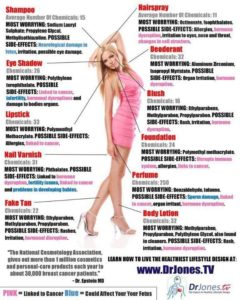
Nothing pains some people more than having to think
A German Protestant clergyman, confined to a concentration camp in the Second World War, said of the Nazis:
First they came for the communists,
and I didn’t speak out because I wasn’t a communist.
Then they came for the socialists,
and I didn’t speak out because I wasn’t a socialist.
Then they came for the trade unionists,
and I didn’t speak out because I wasn’t a trade unionist.
Then they came for me,
and there was no one left to speak for me.
High Dietary Antioxidant Intake Might Cut Pancreatic Cancer Risk
Increasing dietary intake of the antioxidant vitamins C, E, and selenium could help cut the risk of developing pancreatic cancer by up to two thirds, suggests research published online in the journal Gut.
http://www.sciencedaily.com/releases/2012/07/120723193203.htm
Are onions healthier than many superfruits?
Onions are not only a savory cooking staple to use as an inexpensive seasoning and flavoring agent in your favorite recipes. They also happen to be literally packed with beneficial compounds. So packed in fact, that they are actually healthier ounce for ounce than most “superfruits” like pomegranates, goji berries and blueberries.
http://www.naturalnews.com/036751_onions_superfood_quercetin.html
Lunch Instructions
Toxins In Personal Care Products
Sir. No Touching The Dog Please

"The Inflammation-Free Diet Plan" by Monica Reinagel
I was asked this morning if bread and rice were inflammatory. In looking for evidence to provide I referred to a couple of sites I thought you might find interesting.
Inflammation causes pain, cardiovascular disease risk and is responsible for speeding up the aging process. Monica Reinagel’s book “The Inflammation-Free Diet Plan” explains how the foods you eat can make make inflammation worse or reduce inflammation to improve your health risks and help you to feel better and lose weight.
If you are the sort of person who likes to do things by hand, there is a great site where you can check out the inflammation rating and nutrient content of a great many foods. It is http://nutritiondata.self.com
If you have too little time for that, here is a book that will simplify your inflammation-free meal choices.
Edible dispersant could provide more eco-friendly way to fight oil spills
Some people believe that there’s no problem that peanut butter, chocolate and whipped cream can’t solve. These people could be onto something with news that a team of researchers has developed a new, safer oil dispersant that uses edible ingredients found in the aforementioned trio of treats. The new dispersant could save the lives of thousands of birds and animals caught in environmental catastrophes.
http://www.gizmag.com/oil-dispersant/23810/



